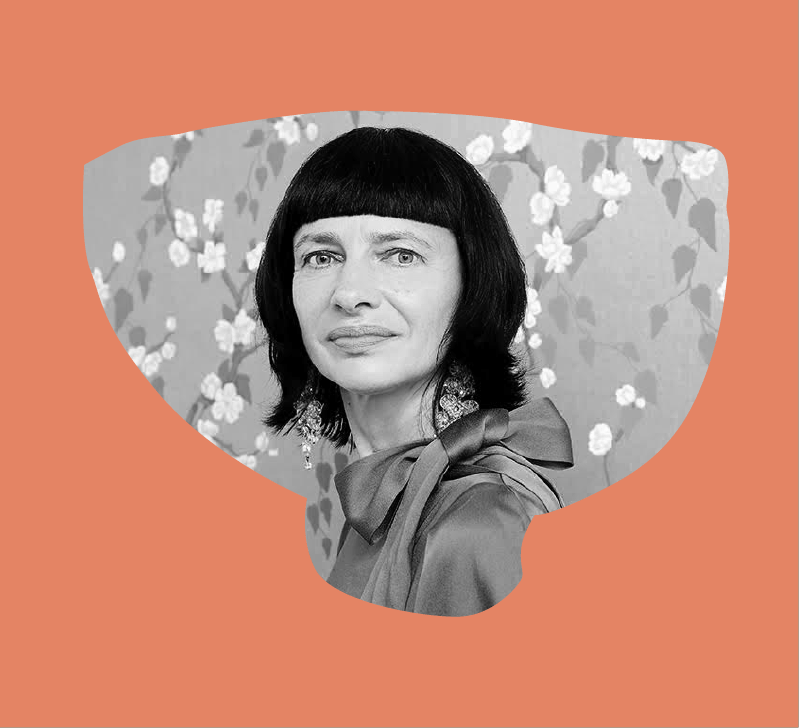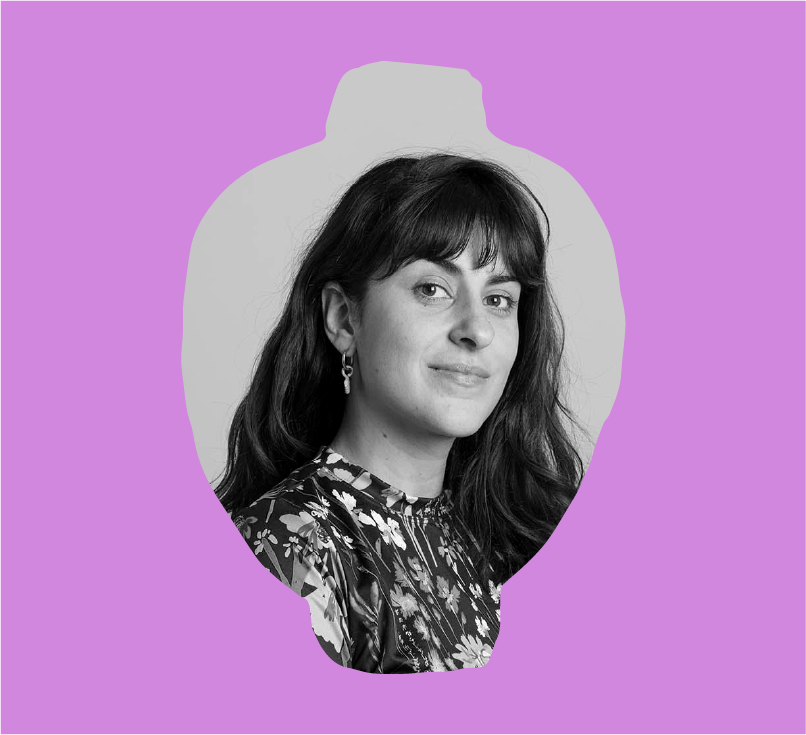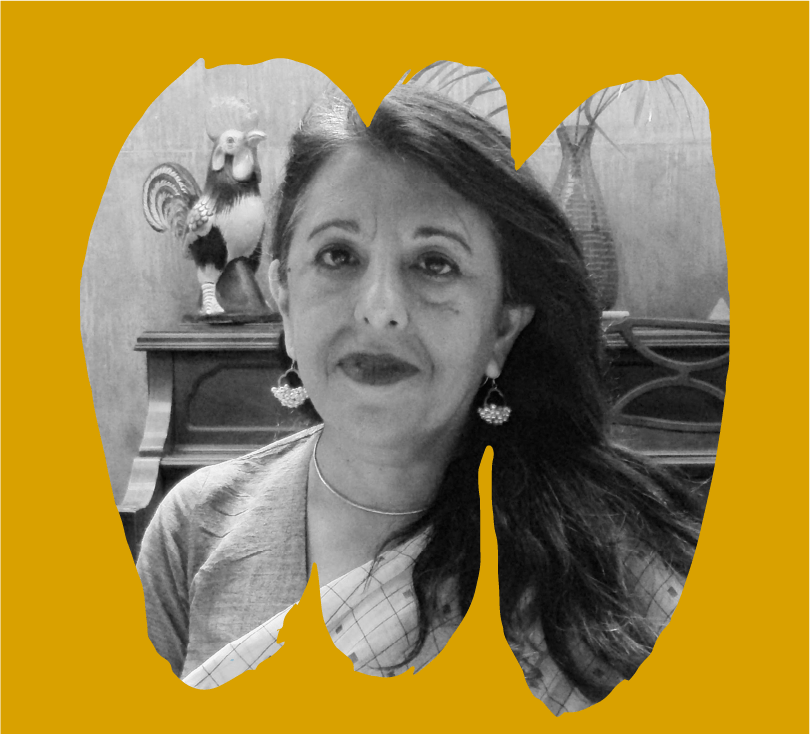
carry somers
Carry Somers is a globally-recognised entrepreneur, activist, speaker and writer. As founder of Fashion Revolution, the world’s largest fashion activism movement, she has been instrumental in pressuring the industry to take responsibility for its social and environmental impacts. Her fashion career began accidentally in the early ‘90s when a summer holiday project grew into an award-winning brand. Supporting sustainable, rural livelihoods for artisans in the Andes, Pachacuti became a pioneer of radical supply chain transparency and the world’s first Fair Trade Certified company. Along the way, Carry has sailed from the Galapagos to Easter Island investigating microplastic and toxic chemical pollution and collaborated on a show garden for RHS Chelsea Flower Show showcasing plants that can be used to make and dye our clothes. In 2022, Business of Fashion named her one of the key people shaping the global fashion industry. She holds an MA in Native American Studies and an Honorary Doctor of Letters from Keele University.

SOL MARINUCCI
Sol Marinucci is a textile designer, cultural manager and curator. Through her work, she promotes and coordinates collaborative practices and exchanges between craft and design, with strong roots in Latin America. Her training includes a degree in Textile Design at the University of Buenos Aires, studies at Central Saint Martins, as well as learning encounters with master artisans on textile techniques in Mexico, Guatemala, Peru, Chile, Ecuador, among others. For more than a decade (2006-2019) she was part of the organisation of the largest Design Festival in Latin America, TRImarchi, as curator and Head of International Relations. Motivated by her experience in fieldwork with indigenous peoples as co-founder of HombreLobo, she coordinated research on design and craft weaving together Argentina, Bolivia and South Asia for Crafting Futures, the British Council's global programme. Recently the book Artisans' Voices: Dialogues for Sustainable Practices was published. Her personal and professional quest encompasses an endless interest in traditions, cultural heritage, collective imaginaries, the value of the interdisciplinary and the territorial.

RITU SETHI
Ritu Sethi is editor of Global InCH, the online international journal of intangible cultural heritage. In addition she oversees the Asia InCH Encyclopedia that is globally recognized as the leading repository of online knowledge on the traditional arts, crafts, textiles and its practitioners across South Asia. She is the founder-trustee of the Craft Revival Trust. She currently serves on several policy advisory boards including - IRCI UNESCO CAT II Centre, Japan. In India she serves on the Advisory Board of the ICH committee, Ministry of Culture; National Crafts Museum, Government of India; Asia Society – Arts and Culture (South Asia), besides other institutions/committees. She has Chaired the UNESCO Consultative Body examining nominations to the urgent safeguarding list of intangible cultural heritage; was on the Steering Committee for the 12 th Five year Plan for Handlooms and Handicrafts, Planning Commission; National Museum of Man, Bhopal; Centre for Cultural Resource and Training, Ministry of Culture; advisory board UNESCO Cat II center CRIHAP in China and other institutions. Sethi has authored and edited several publications including ‘Designers Meet Artisans - A Practical Guide’ translated into Spanish and French; ‘Embroidering Futures- Repurposing the Kantha’; ‘Painters, Poets, Performers – The Patuas of Bengal,’ besides other writings.
A Non Profit Community Interest Company Limited by Guarantee, Company Number 14560894. 70 Derby Street, Leek, Staffordshire, UK.
Website designed by Irregulars Alliance LLP
© Visual Identity & Illustrations by Sol Marinucci